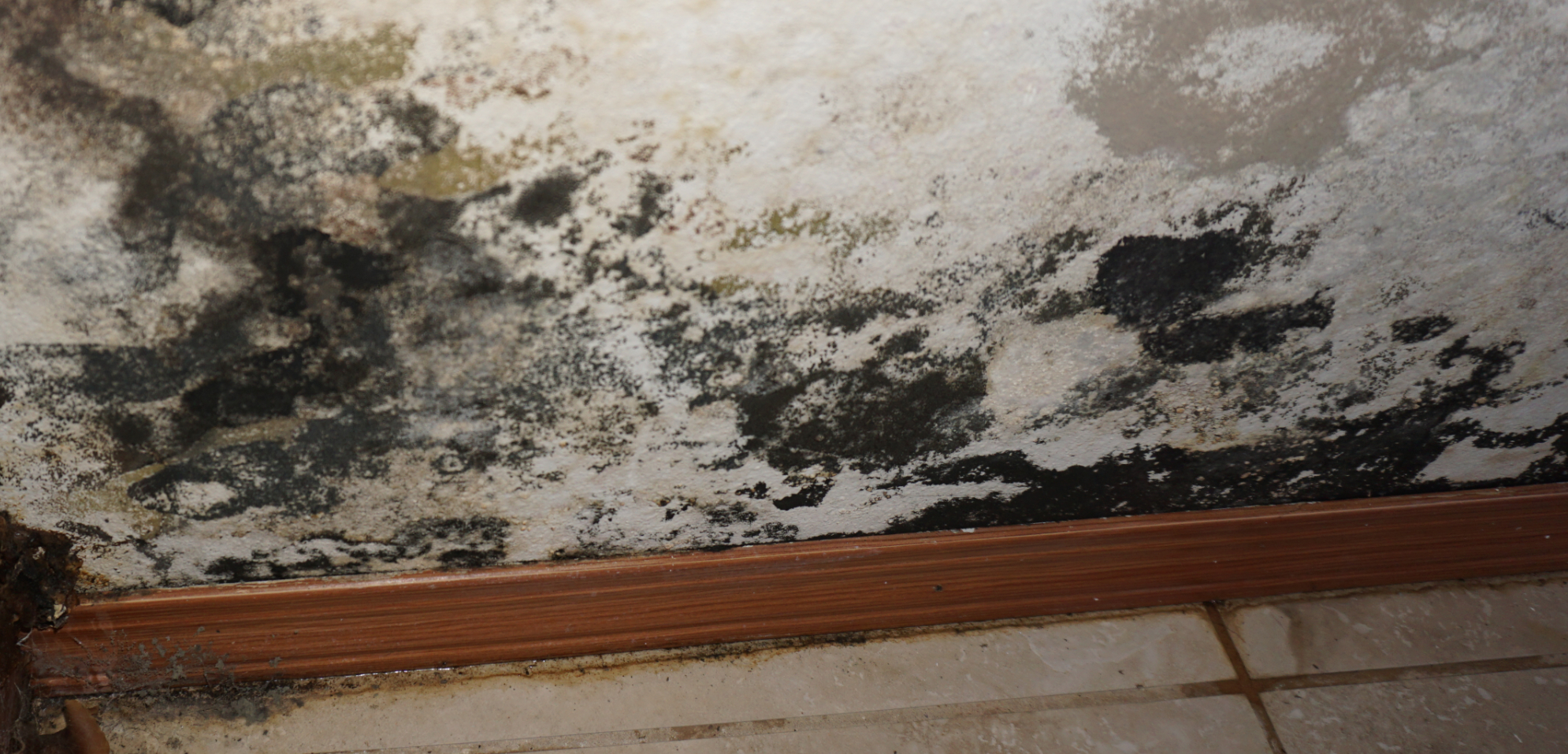Trichloroethylene (TCE) Mitigation Systems
Trichloroethylene (TCE) is a volatile organic compound that can pose significant health risks if present in indoor air, especially when it contaminates groundwater or soil. Ground vapor mitigation systems are typically used to address this type of contamination in buildings.
Here are the primary approaches for mitigating TCE ground vapor contamination:
1. Sub-Slab Depressurization (SSD) Systems
- How it works: A common and effective method for addressing ground vapor issues is the installation of a sub-slab depressurization system (also known as a sub-slab ventilation system). This system involves creating a vacuum beneath the foundation of the building to capture and vent harmful vapors (like TCE) before they enter the living or working spaces.
- Components: A perforated pipe or collection point is installed beneath the floor slab or foundation, connected to a fan that draws the vapor out and vents it safely to the outside of the building.
- Effectiveness: SSD systems can effectively reduce the risk of indoor air contamination by keeping harmful vapors from entering the indoor air.
2. Vapor Intrusion Assessment and Monitoring
- Site Assessment: Before implementing mitigation strategies, a thorough site assessment is required. This includes soil vapor sampling to determine the concentration of TCE and its potential to intrude into buildings.
- Continuous Monitoring: In some cases, it might be necessary to install vapor monitoring wells or sensors to measure TCE vapor levels in the building over time, ensuring that mitigation systems remain effective.
3. Active Soil Vapor Extraction (SVE)
- How it works: Active SVE involves the installation of wells or extraction points into the soil or groundwater where TCE vapors are present. A vacuum is applied to remove the vapors from the subsurface, which can then be treated or released safely.
- Limitations: This method may be used in more severe contamination cases but can be more expensive and require extensive equipment.
4. Air Filtration
- How it works: In cases where TCE contamination is present in lower concentrations or when an SSD system is not feasible, activated carbon or other types of filtration systems can be installed in the building’s HVAC system to remove vapors from the air.
- Effectiveness: While filtration is useful for managing low-level contamination, it may not be sufficient for high concentrations of TCE, and it might need to be combined with other methods like SSD.
5. Vapor Barriers
- How it works: Vapor barriers are physical barriers that can be installed beneath building foundations to prevent the migration of soil vapors, including TCE, into the building. These barriers are typically made from durable, impermeable materials like plastic sheets or membranes.
- Effectiveness: Vapor barriers are most effective when combined with SSD systems and can help reduce vapor intrusion by blocking the path of vapors into indoor spaces.
6. Soil Remediation and Treatment
- How it works: In some cases, it might be necessary to remediate the contaminated soil or groundwater directly. Techniques like chemical oxidation, bioremediation, or thermal treatment can break down or remove TCE from the environment, thus reducing the source of the contamination.
- Effectiveness: Soil remediation is a long-term solution, but it may be necessary if the contamination is widespread or persistent.
7. Regulatory and Safety Guidelines
- Regulatory agencies, such as the U.S. Environmental Protection Agency (EPA) and local state or environmental agencies, provide guidelines for acceptable concentrations of TCE in air and soil. These agencies set action levels and mitigation requirements to ensure public safety.
Trichloroethylene (TCE) Health Effects
Trichloroethylene exposure over long periods of time can cause a multitude of health issues. Unfortunately, many people are unaware that they are being exposed to it within their homes or place of work until it has been properly tested for, or they start to feel the effects. Below you can find some of the long term effects of Trichloroethylene (TCE) exposure:
- Heart Issues
- Birth Defects
- Liver Failure
- Dizziness
- Nervous System Damage
- Kidney Failure
Contact us to have an system installed today! Commerical and Residential 425.608.9553
